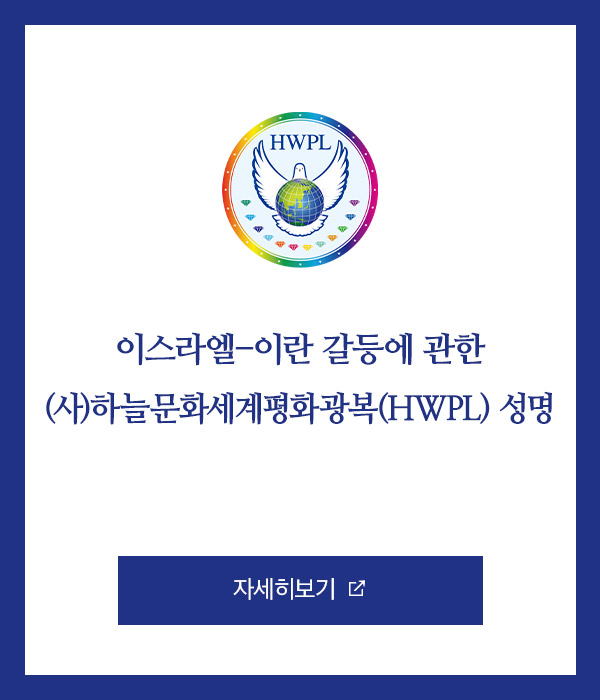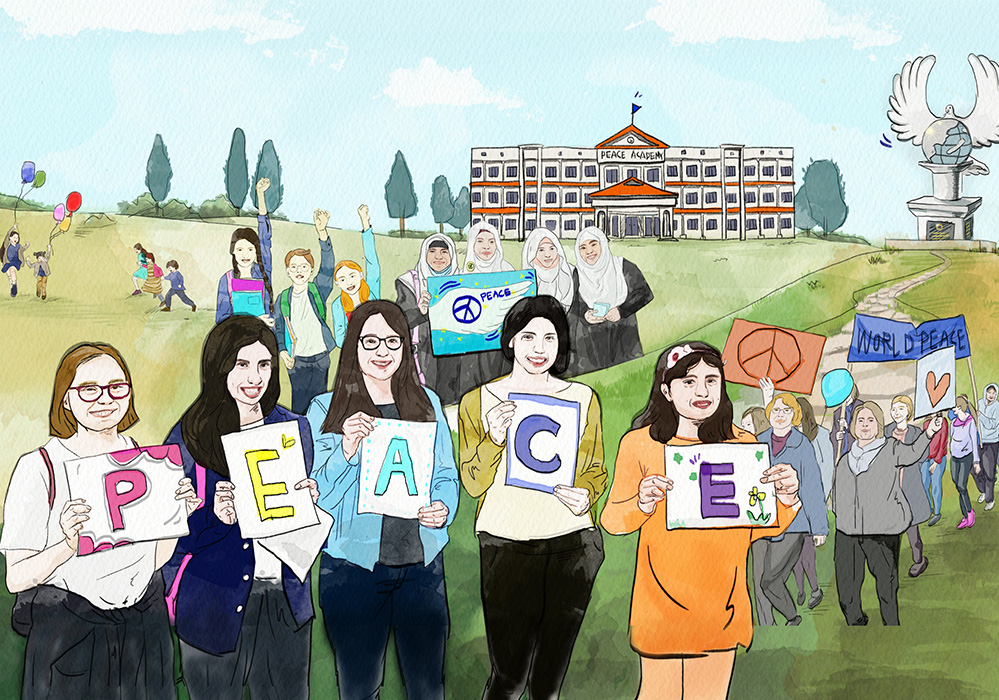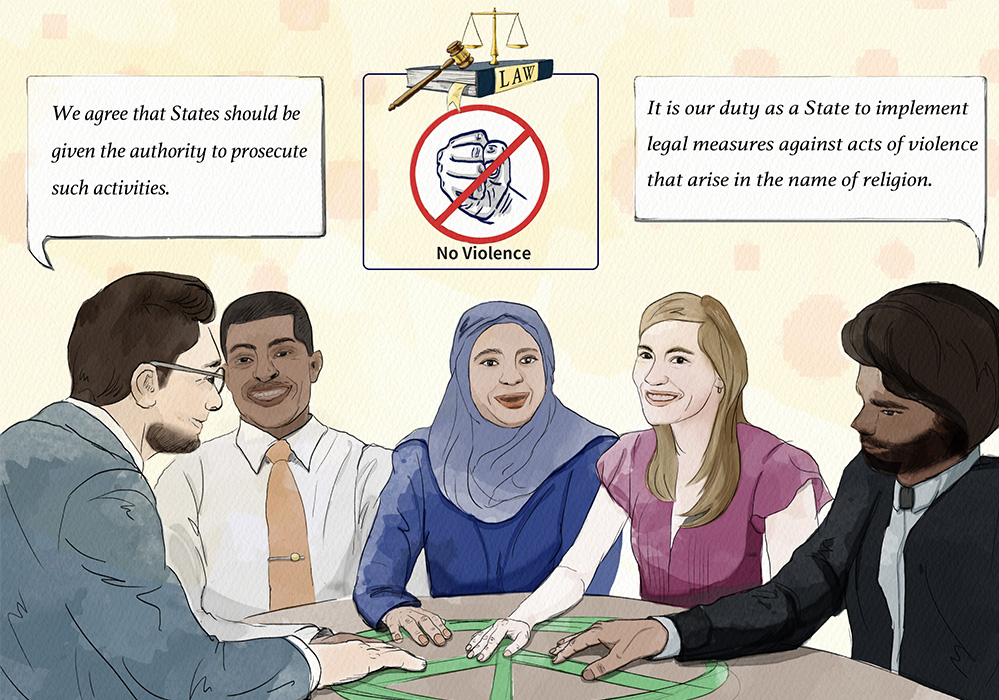HWPL Webinar for Sustainable Peace: Namibia and Tribalism

On 28 July 2022, Heavenly Culture, World Peace, Restoration of Light (HWPL) held a webinar titled ‘Tribalism and Namibia’ along with its affiliated groups, International Women Peace Group (IWPG) and International Peace Youth Group (IPYG).
About 200 people, including HWPL volunteers, government officials, religious leaders, civil society organizations, and women and youth leaders, participated in the event. With the theme, “Building the Namibia We Want: The Road to Ending Tribalism,” they talked about the issues of tribalism, solutions, and building sustainable peace.
Namibia is home to eleven tribes and ethnic groups. Tribalism can significantly shape a country, creating visible and invisible borders that can affect decision-making. Due to the lingering presence of tribalism and regionalism, minority tribes have struggled for land, authority, and natural resources. The lack of representation has also led to a divide in the social and political sphere and has deterred sustainable national development of the Sub-Saharan country.

Speaking at the event, Mr. Levy Nyirenda from the Regional Focal Point for East and Southern Africa for UN Group for Children and Youth shared, “We have seen brutal killings, disruption of projects, and hindrances in development due to tribalism. What we need to spread is heavenly culture to achieve a society that is not tribal. As young people, we need to think of the future world we would like to live in and take ownership of our societies.”
Mr. Robert Maseka, founder and managing director of the Rob Youth Foundation, shared, “To curb tribalism, we need a strong majority from all tribes to advocate for equality, to achieve the One Namibian Dream. We should develop a sense of unity from our past by creating structures that support the Namibian dream. We should save the land of the brave before tribal wars erupt.”
Mr. Obyster Muleke from the Ministry of Gender shared, “Tribalism continues to affect resource distribution in Namibia, and we should deal with tribalism as early as possible, to avoid creating a bigger crisis.”
The webinar is an example of the application of the Mindanao peace process to Namibian tribalism. In the future, HWPL will continue to work with various sectors to resolve large and small issues in the community, in addition to wars and conflicts for sustainable peace.
















